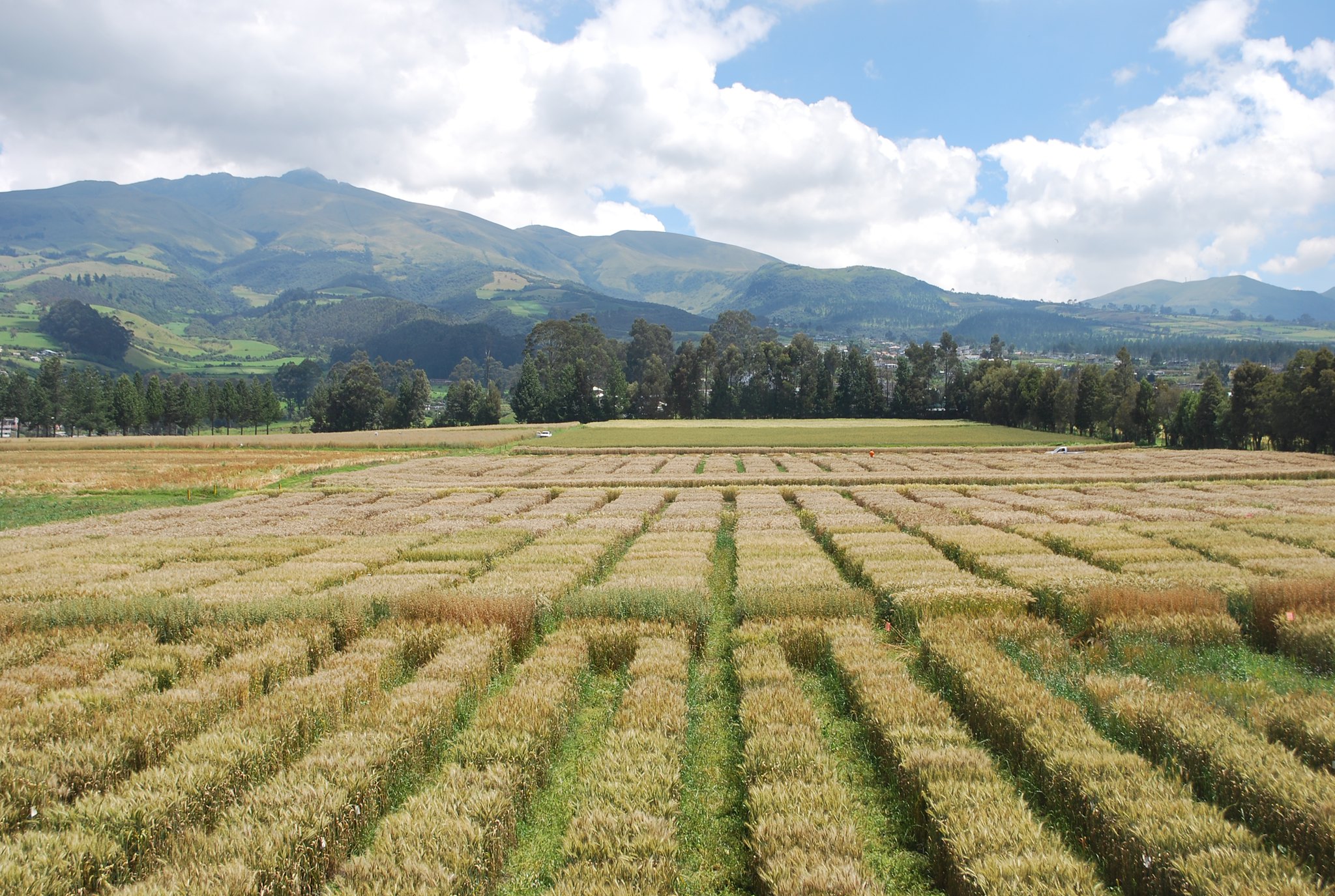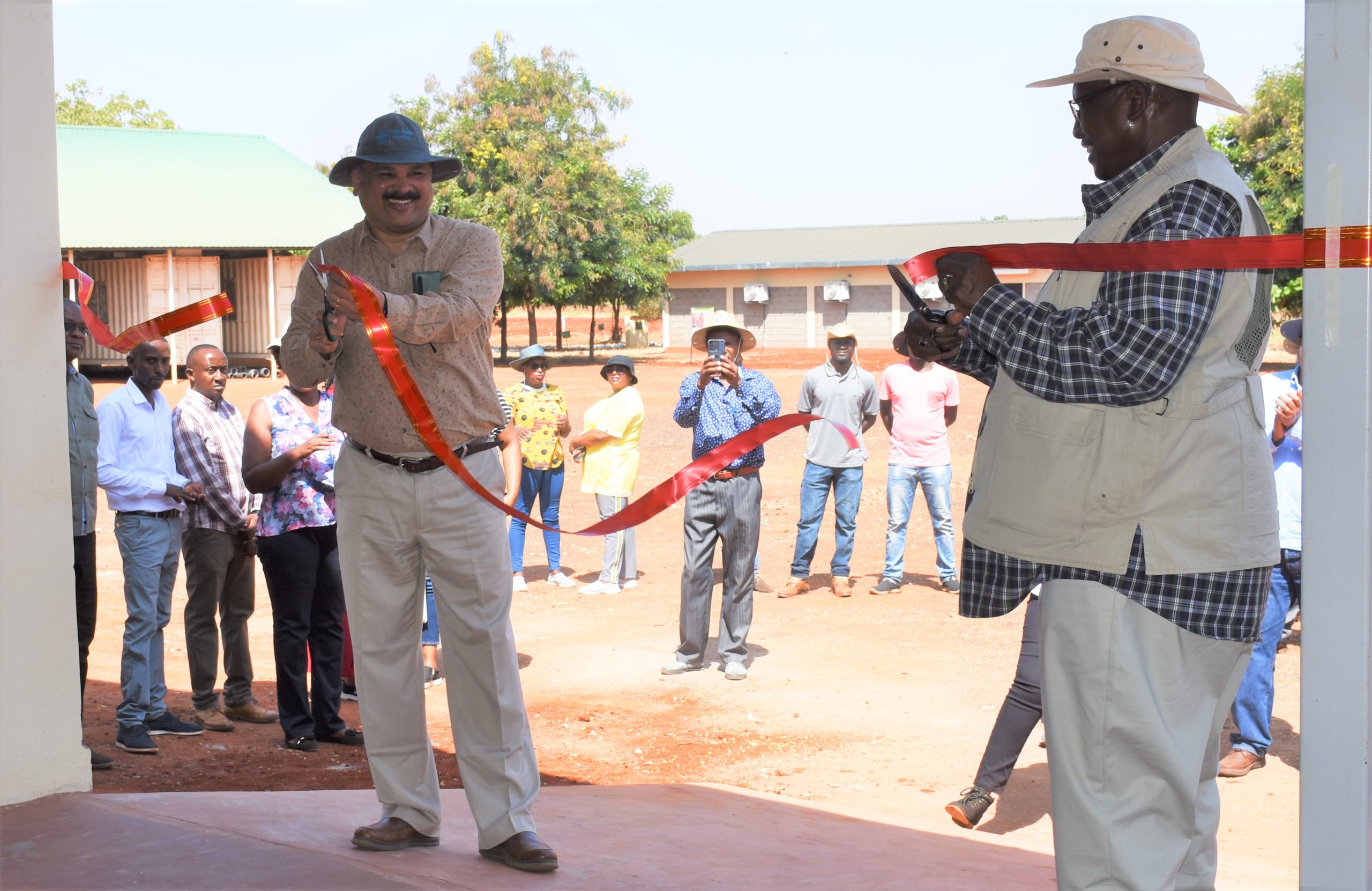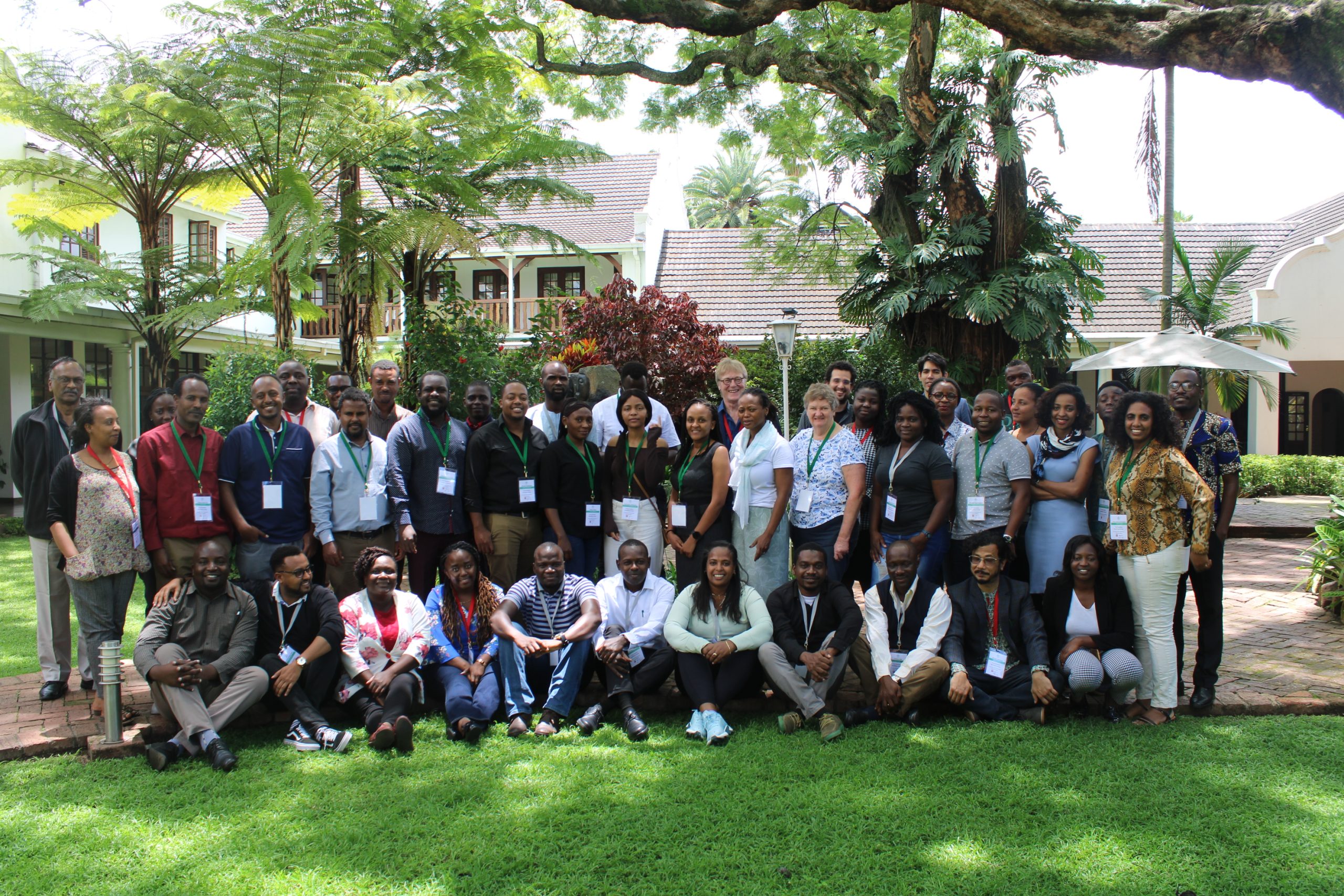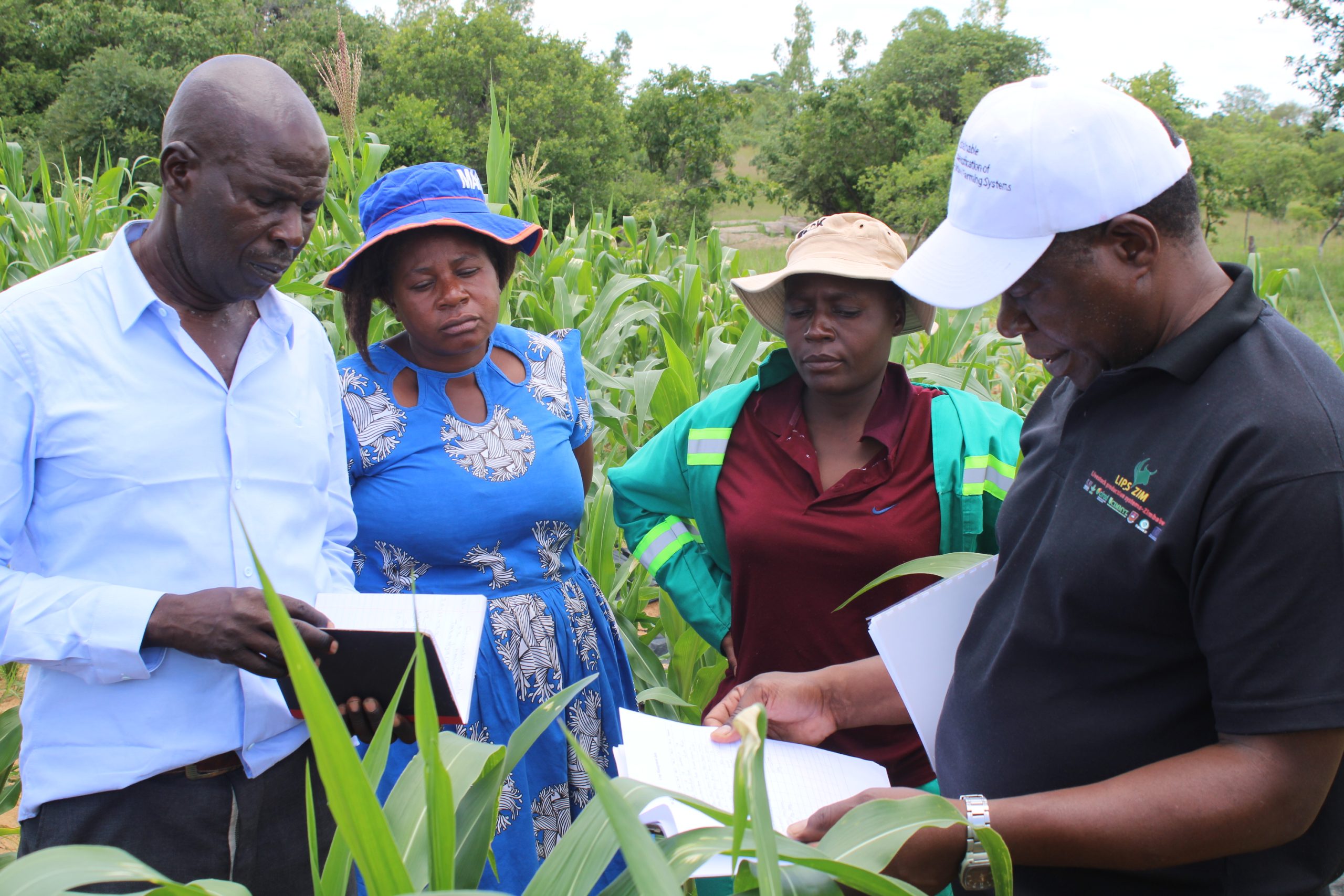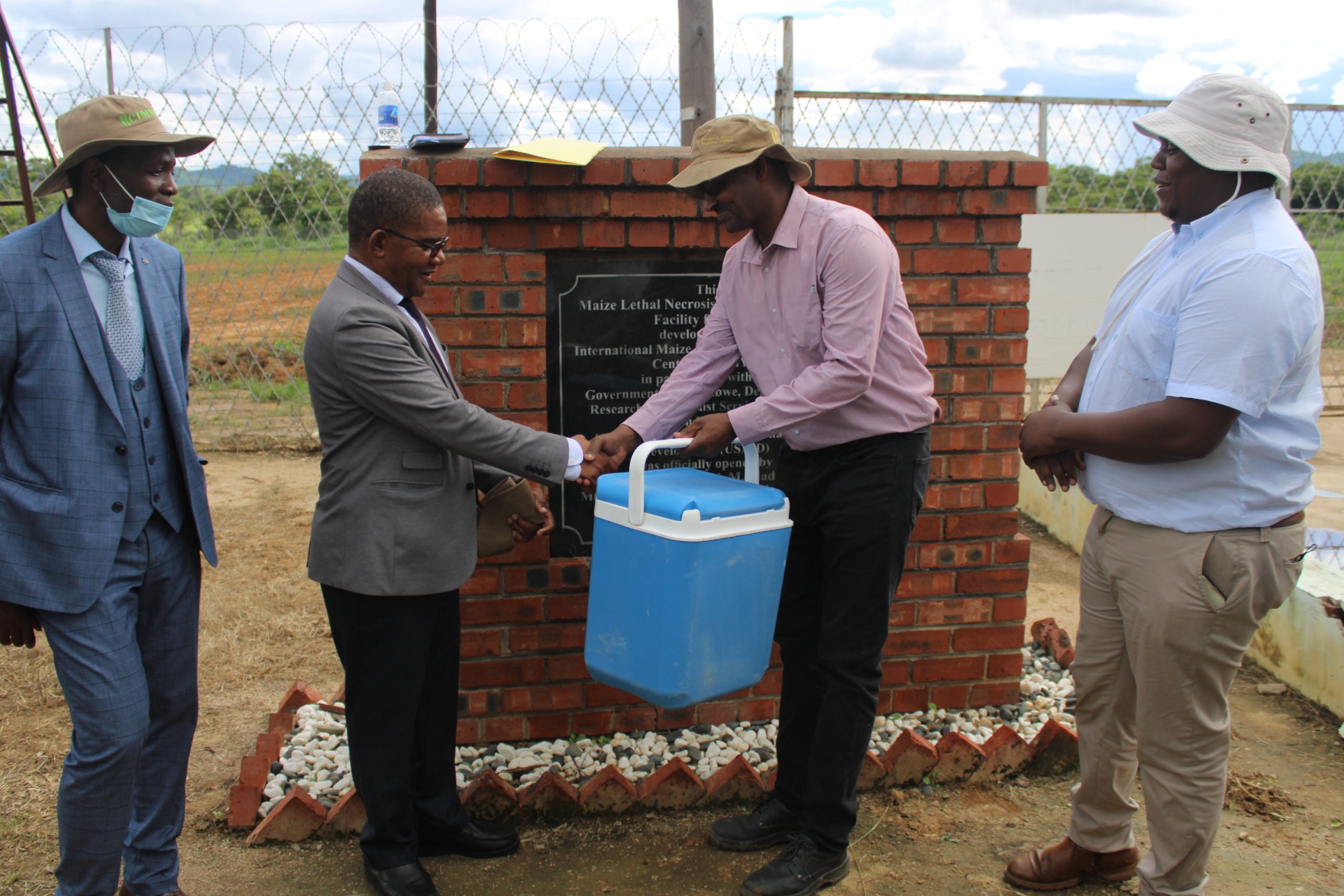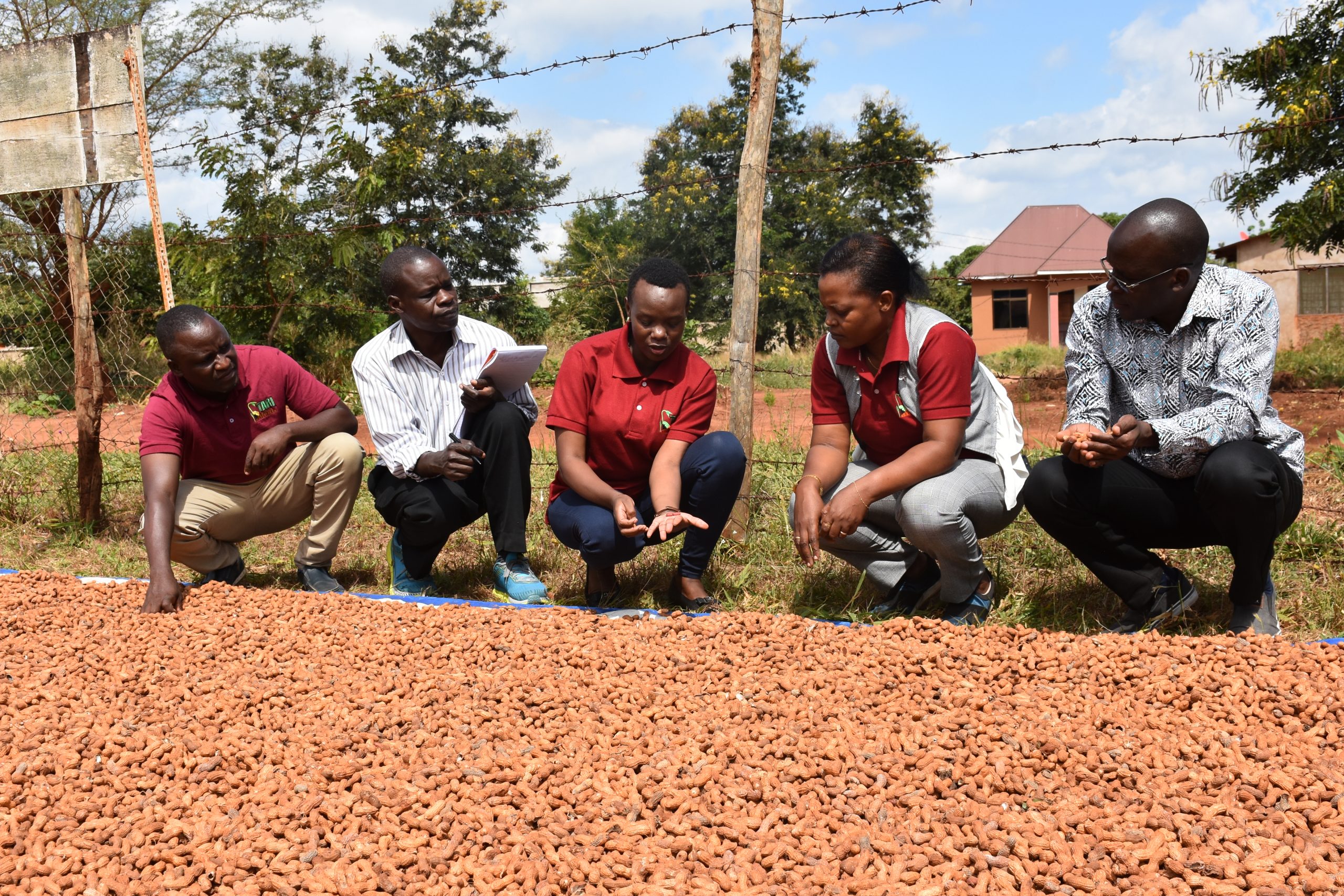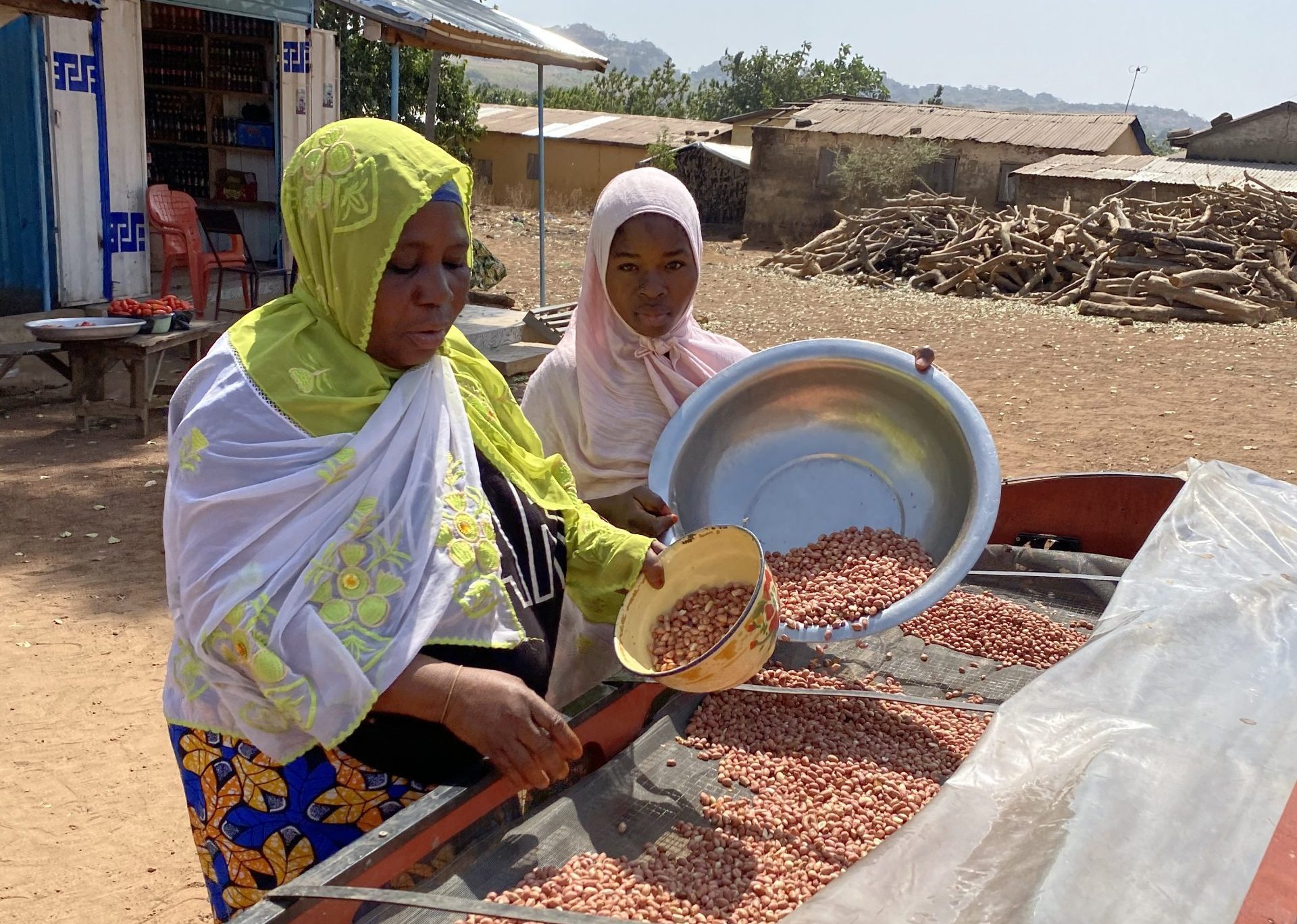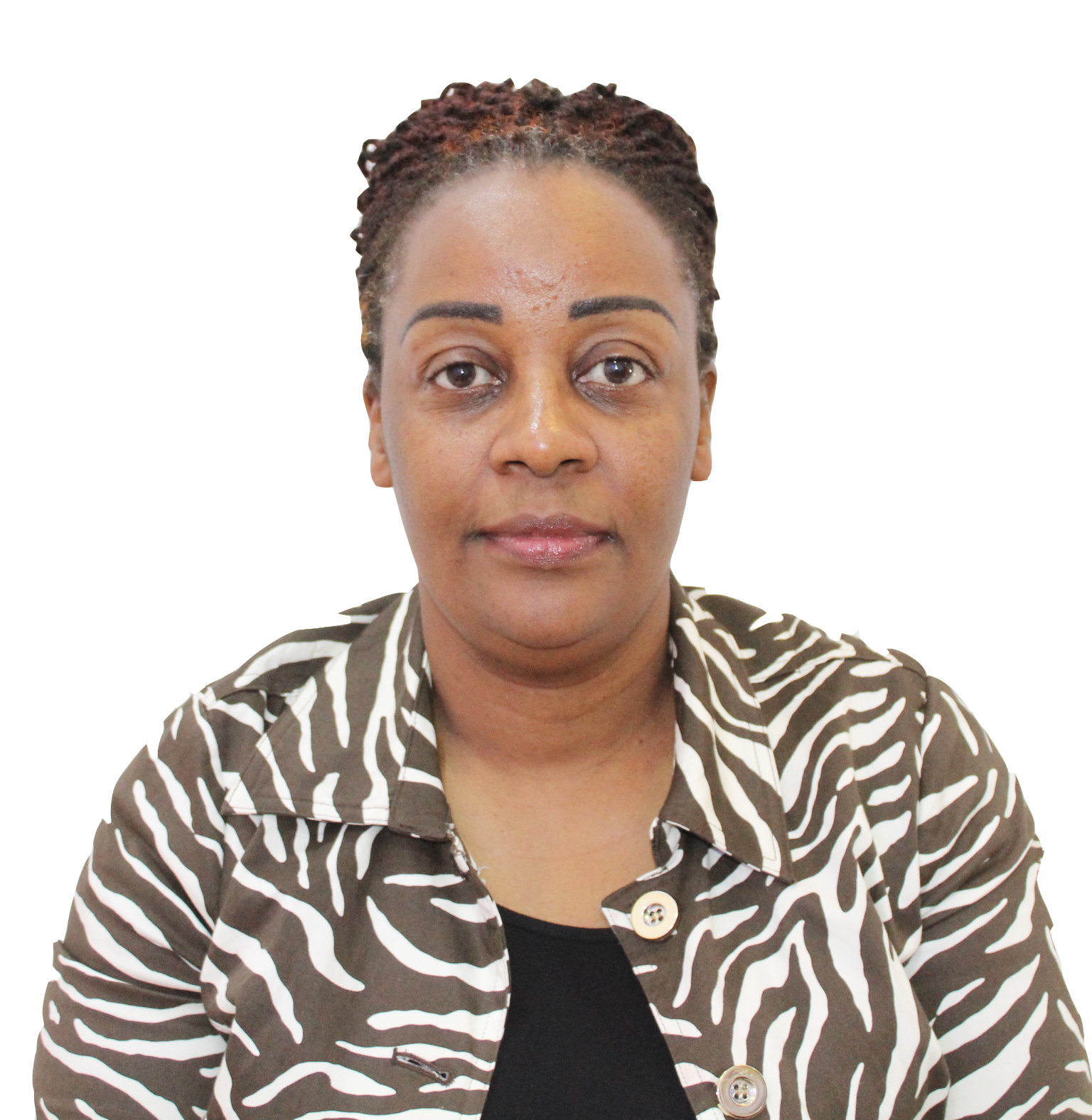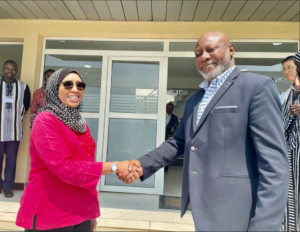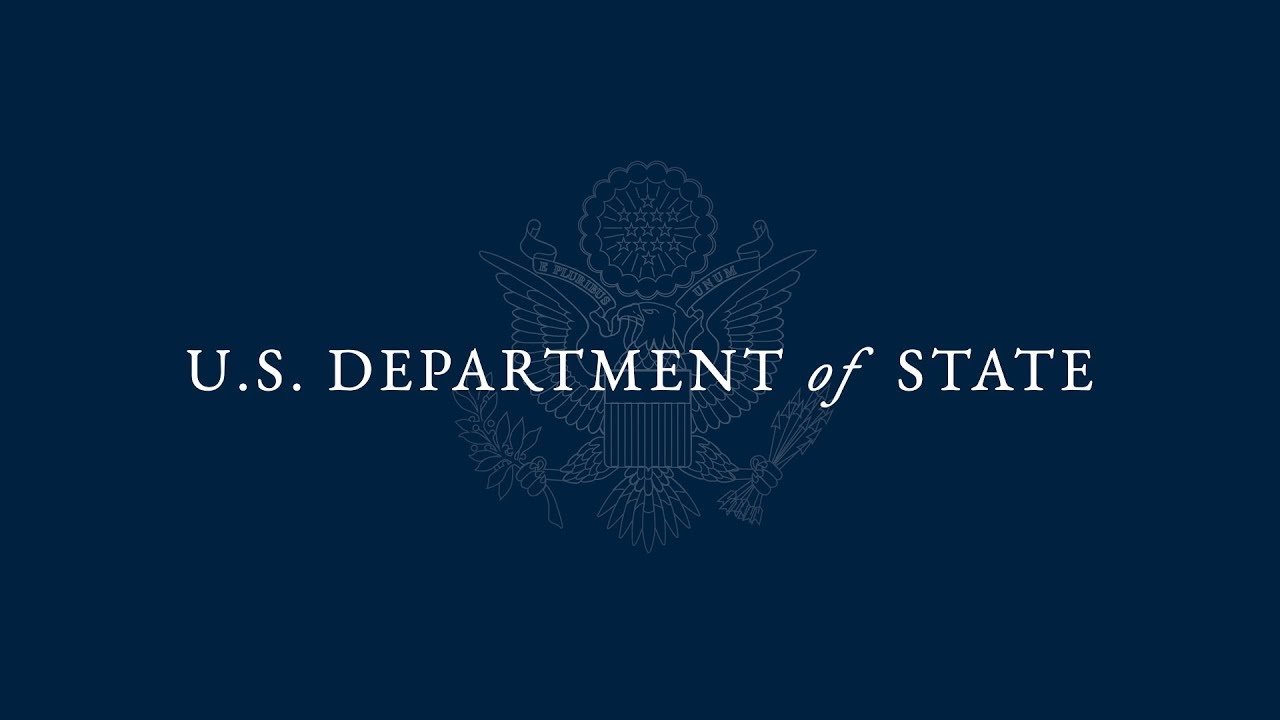Africa
CIMMYT’s work in Africa helps farmers access new maize and wheat systems-based technologies, information and markets, raising incomes and enhancing crop resilience to drought and climate change. CIMMYT sets priorities in consultation with ministries of agriculture, seed companies, farming communities and other stakeholders in the maize and wheat value chains. Our activities in Africa are wide ranging and include: breeding maize for drought tolerance and low-fertility soils, and for resistance to insect pests, foliar diseases and parasitic weeds; sustainably intensifying production in maize- and wheat-based systems; and investigating opportunities to reduce micronutrient and protein malnutrition among women and young children.
KALRO research station at Kiboko revamped to accelerate crop breeding
 Environmental health and biodiversity
Environmental health and biodiversity
Upgraded technology at the KALRO research station will optimize breeding and seed systems’ work so that scientists can provide better varieties to farmers.
Building towards a climate-smart agriculture future through harnessing crop modeling
 Climate adaptation and mitigation
Climate adaptation and mitigation
A workshop supports participants to grow their crop modeling expertise, with the aim of improving the use of tools in Zimbabwe and the rest of Africa.
Ethiopia’s Experience of Wheat Production Exemplary to African Countries: CIMMYT
 Nutrition, health and food security
Nutrition, health and food security
Source: Ethiopian News Agency (21 Feb 2023)
The partnership between CIMMYT and Ethiopia is improving wheat productivity through improved germplasm and access to mechanization.
Farmers in Buhera gear up for climate-smart agriculture
 Climate adaptation and mitigation
Climate adaptation and mitigation
Water harvesting technology trials give hope to farmers in semi-arid regions of Zimbabwe.
Government of Zimbabwe recognizes CIMMYT for beneficial collaborations
 Environmental health and biodiversity
Environmental health and biodiversity
CIMMYT is working with Zimbabwe government organizations to facilitate sustainable food security initiatives.
African smallholder farmers hit hard by global food shortage: expert
 Nutrition, health and food security
Nutrition, health and food security
Source: Africa Briefing (13 Feb 2023)
Bram Govaerts emphasizes the potential for agricultural development in Africa using nutritious indigenous crops.
Supporting the careers of women in science
 Gender equality, youth and social inclusion
Gender equality, youth and social inclusion
In an interview with Happy Makuru Daudi, she shares her career journey and why groundnut is a ‘woman’s crop’.
Solar powered dryers boost peanut production in Togo
 Gender equality, youth and social inclusion
Gender equality, youth and social inclusion
The introduction of new technology has enabled farmers in West Africa to improve the quality and minimize losses of a national staple.
On Africa’s farms, the forecast calls for adaptation and innovation
 Climate adaptation and mitigation
Climate adaptation and mitigation
Source: Gates Notes (31 Jan 2023)
Bill Gates reflects on a recent visit to a Kenyan farm to see firsthand the results of work by CIMMYT and CGIAR.
Five strides forward for CGIAR crop breeding resources and services
 Nutrition, health and food security
Nutrition, health and food security
One CGIAR’s Breeding Resource Initiative is moving forward on an array of shared services, capacity development programs and technical support.
Digital Press Briefing with U.S. Special Envoy for Global Food Security Dr. Cary Fowler, and USAID Global Food Crisis Coordinator Dina Esposito
 Nutrition, health and food security
Nutrition, health and food security
Source: U.S. Department of State (19 Jan 2023)
Cary Fowler and Dina Esposito highlight CIMMYT’s work in southern Africa to address food insecurity.
